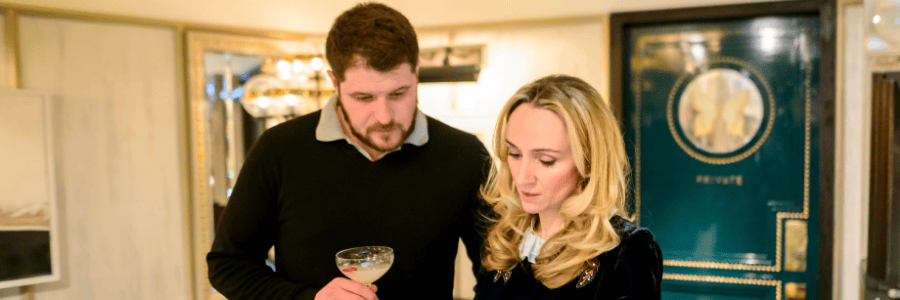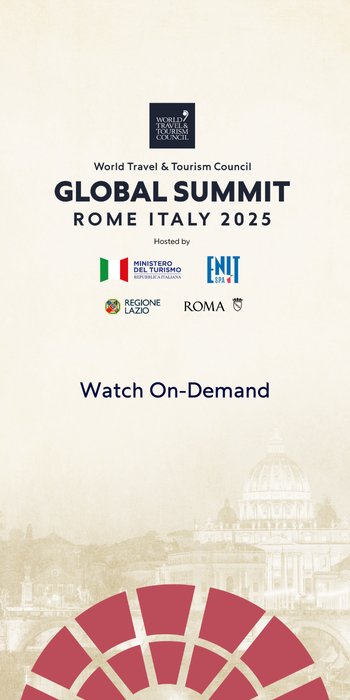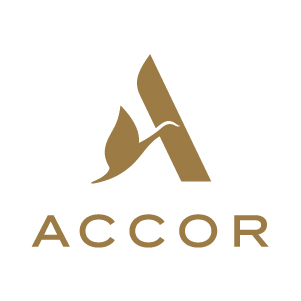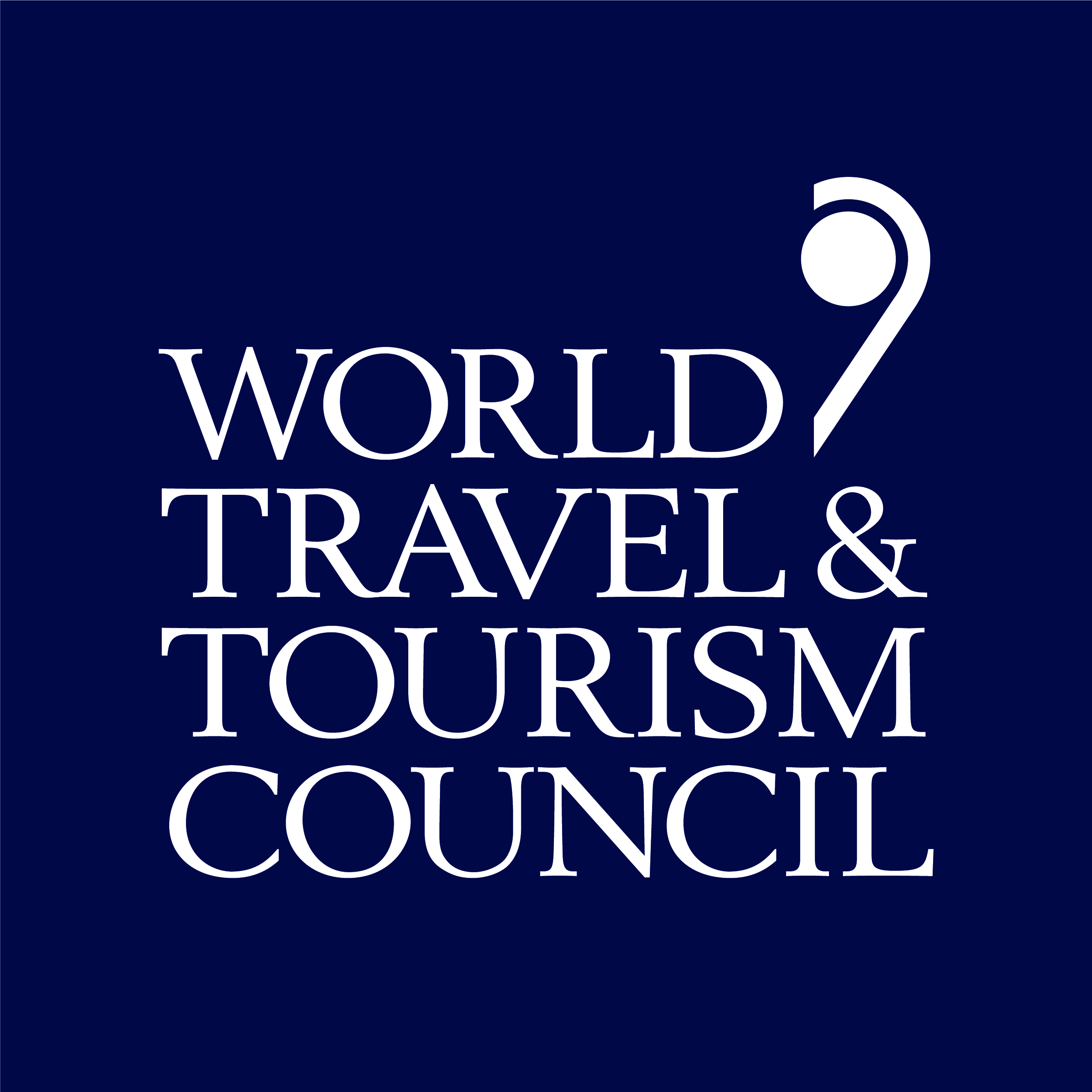FBR Hotel Consulting shares untold stories that make boutique hotels irresistible

“Success doesn’t come from sameness, it comes from the soul.” That belief sits at the heart of FBR Hotel Consulting, founded by Flavia Brutti-Righetti, an industry insider who traded corporate hotel chains for the intimate, authentic world of independent luxury properties. For her, the decision wasn’t just a career move; it was a calling.
After more than a decade with global hospitality giants, she felt drawn to the places that pulse with local culture and human connection, boutique hotels rooted in heritage, family, and community. With encouragement from friends who owned such properties, she took the leap. Her very first client, the iconic Royal Hotel Sanremo, still family-run after 150 years, confirmed her vision that independent hotels deserved a global stage, but one that respected their unique voices.
Sign in to access actionable insights
“Success doesn’t come from sameness, it comes from the soul.” That belief sits at the heart of FBR Hotel Consulting, founded by Flavia Brutti-Righetti, an industry insider who traded corporate hotel chains for the intimate, authentic world of independent luxury properties. For her, the decision wasn’t just a career move; it was a calling.
After more than a decade with global hospitality giants, she felt drawn to the places that pulse with local culture and human connection, boutique hotels rooted in heritage, family, and community. With encouragement from friends who owned such properties, she took the leap. Her very first client, the iconic Royal Hotel Sanremo, still family-run after 150 years, confirmed her vision that independent hotels deserved a global stage, but one that respected their unique voices.
“Every hotel has a story, and FBR’s role is to make sure the world hears it. I never impose a one-size-fits-all strategy. Instead, I uncover what makes a property truly special, then connect it with a discerning audience who values authenticity,” says Flavia.
That philosophy shines in her work with Coquillade Provence, a property whose roots stretch back to 11th-century Cistercian monks. Today, the estate balances history with a forward-looking approach to biodynamics and sustainability, a living example of tradition meeting transformation. For FBR, respecting heritage while unlocking potential is the ultimate goal.
Hospitality consulting often walks a tightrope between artistry and analytics. For FBR, creativity and intuition fuel ideas, but rigorous data and market insight make them real. “It’s about turning inspiration into action,” she says. This balance is what allows her to transform boutique properties into globally recognised destinations without stripping away their essence.
Championing SMEs: The beating heart of hospitality
Small and medium-sized enterprises (SMEs) are the soul of destinations. FBR works as an extension of their teams, offering not just expertise but also advocacy. “I’m honoured to elevate their visibility among the right audience while respecting their individuality and local character,” says Flavia.
The transformation of Borgo Pignano in Tuscany is a testament. When FBR stepped in, the property had limited visibility. Through careful repositioning, trade partnerships, and curated outreach, occupancy and rates soared. Today, Borgo Pignano is expanding with a sister property, all while staying true to its green soul. Guests immerse themselves in an organic farm, vineyards, and herbal workshops, blending luxury with environmental stewardship.
“The estate’s head herbalist demonstrates how aromatic plants grown on-site are transformed into natural soaps, lotions, and spa products. This integration of environmental stewardship and meaningful guest experiences is a powerful example of how a well-positioned independent property can flourish, enhancing its green soul, says Flavia.
Standing out in a saturated market
In a world full of sameness, FBR pushes hotels to embrace bold choices. In Tuscany, Borgo Pignano removed televisions from its rooms, inviting guests to unplug and reconnect with nature. In Sardinia, Abi d’Oru celebrates the island’s culture through suites dedicated to historical icons like Nobel laureate Grazia Deledda and politician Antonio Gramsci. Local art, artifacts, and craftsmanship transform a stay into a cultural journey.
“The advice I always give is to focus on distinctive identity, not commoditised amenities. It’s a message that resonates deeply with today’s travellers, who crave non-Googleable moments,” notes Flavia.
FBR proves that it’s possible to achieve growth without losing authenticity. By optimising operations and sales while preserving deep local connections, it shows SMEs that expansion can enhance rather than dilute what makes them unique. This balance also underpins her advice that uniqueness is powerful, but it needs to be paired with disciplined commercial strategy, patient storytelling, and trade visibility to truly unlock long-term potential.
Trends shaping tomorrow’s hospitality
Today’s luxury traveller is seeking purpose. Hotels like Maisons Pariente have launched a contemporary art prize that aims to support talent from top French art schools. Also, Borgo Pignano hosts year-round art residencies for students of the Royal Drawing School of London and hosts a group of students for a week of painting and drawing every summer. “These talented young artists can also offer drawing classes to children and adults alike, during their stay at the hotel. Guests are drawn to creativity, sustainability, and cultural engagement that goes beyond standard hospitality,” says Flavia.
This shift dovetails with FBR’s own sustainability ethos. From zero single-use plastic to renewable energy and community-focused programmes, her collection of hotels integrates sustainability into every detail. Sardinia’s Abi d’Oru even runs a bee preservation programme, producing honey while protecting biodiversity. “Their beekeeping techniques promote the pollination of flowers, the formation of new bee colonies through natural swarming, and the production of quintals of delicious honey of various kinds. It’s the small changes, consistently applied, that create real impact,” she emphasises.
For SMEs, the digital age can be daunting but also liberating. FBR champions scalable tools like CRMs, guest-experience tracking, and booking systems aligned with brand positioning. Equally vital is plugging into global networks. Platforms like Together in Travel, Flavia says, are game-changers, offering SMEs greater visibility, connection to peers, as well as peer-to-peer learning, critical to access new markets and share best practices in sustainability, digital, and branding.
Collaboration as a growth multiplier
Inter-SME collaboration can turn regions into destinations. The opening of Relais Roncolo 1888 in Emilia illustrates this beautifully. Nestled in a 350-acre eco-estate with vineyards and a historic balsamic vinegar factory, it amplifies the culinary, cultural, and automotive heritage of the region. Working together, local players created a stronger, more compelling destination identity.
“Clients who visit the area can visit the nearby cities of Modena, Parma, and Bologna, savour the ultimate Emilian culinary experience, and the Motor Valley, a paradise for racing and motor enthusiasts, home to the most iconic automotive brands, such as Ferrari, Lamborghini, and Maserati,” says Flavia.
But no matter how stunning a property is, people remain its true differentiator. FBR urges continuous upskilling across operations, sustainability, digital tools, and cultural storytelling. Empowered teams create empowered experiences, keeping SMEs agile in a fast-changing industry.
Her advice to SMEs is, “Think globally, act locally. Blend boutique authenticity with strategic reach. It’s a mantra that captures both the challenge and the opportunity for independent hotels today.”
Because in the end, luxury isn’t about the thread count or the square footage. It’s about stories that can’t be replicated, identities that can’t be commoditised, and places that feel alive because they are rooted in their people and their land. And if the future of travel belongs to those who seek meaning, then independent hotels, guided by visionaries like FBR, are its beating heart.

















